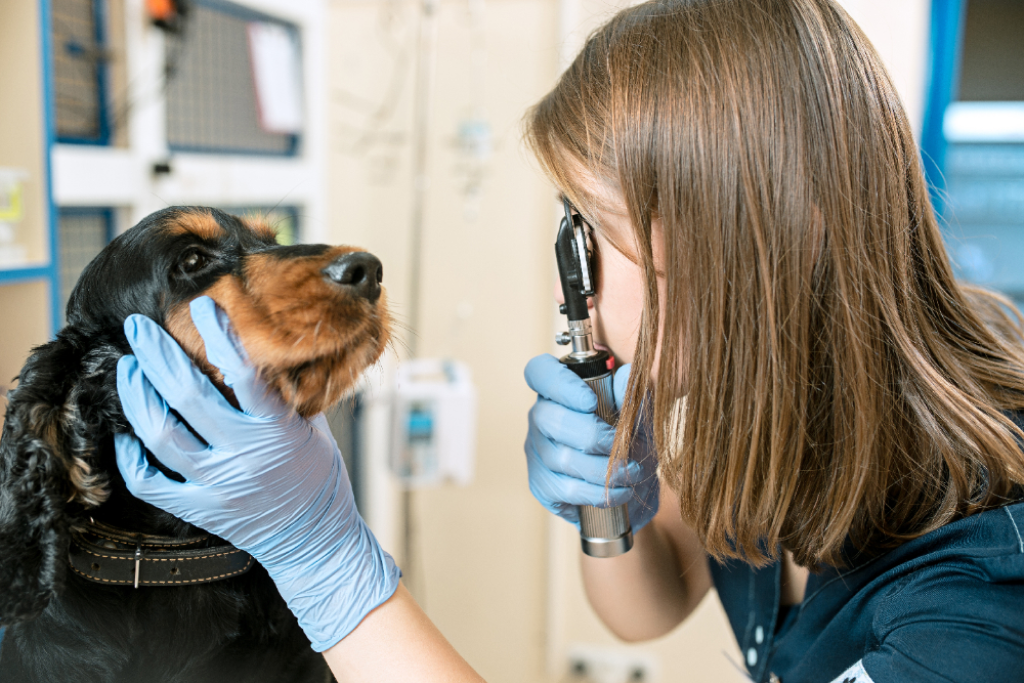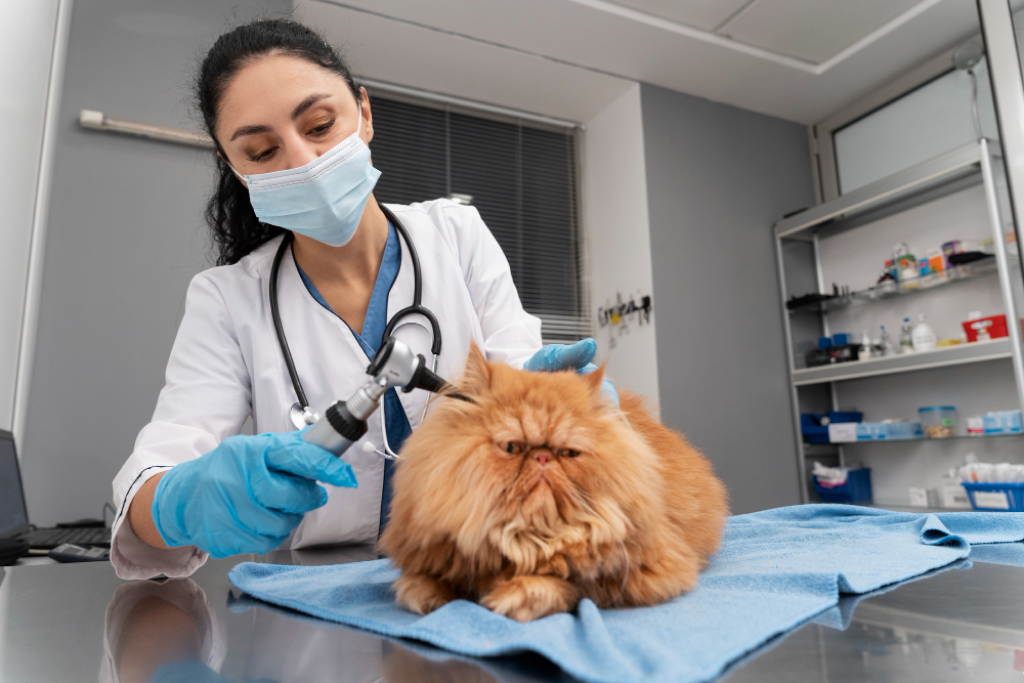Worms in Dogs and Cats
Pets can pick up worms from a variety of sources including other infected animals, by eating worm eggs or larvae present in infected faeces or grass and even from eating raw meat, infected prey animals or infected parasites. I know Daisy, my Labrador is guilty of at least three of these favourite doggie pastimes!
What problems can they cause?
If your pet has a worm burden they may show clinical signs such as weight loss, poor coat, increased appetite, weakness and diarrhoea. Vomiting and/or a ‘pot bellied’ abdomen may be seen in severe cases in puppies and kittens. Unfortunately healthy dogs may carry worms with no clinical signs. Occasionally worms may be seen in faeces or vomit or around your pet’s bottom in these ‘silent’ cases.
Tell me more….
Roundworms are commonly found in soil – anywhere from gardens to playgrounds. Whilst your dog or cat may not seem to suffer, please be aware that your children are also at risk. If ingested, these worms can migrate into internal organs and cause damage to lungs, liver and eyes. “67% of public playgrounds and 75% of sandpits are contaminated with roundworms and their eggs”.
Hookworm is becoming more prevalent with increased pet travel, but is thankfully still relatively rare in the UK as they cause bloody diarrhoea and anaemia in severe cases in cats or dogs. They are transmissible to humans with skin disease or intestinal problems seen in those affected.
Lungworm is now considered to be far more prevalent across the UK than we thought. It is often referred to as ‘the great pretender’ amongst vets as it can present such a wide variety of clinical signs. These can include common problems such as vomiting, diarrhoea, weight loss and inappetance through to anaemia, coughing and breathing problems. Lungworm can be fatal in some cases but is very easily prevented with appropriate worm prevention. Thankfully it is not zoonotic and does not infect cats.
Tapeworm can be transmitted by infected animals but also by fleas! Often symptoms are not evident in pets, although they can be irritated as they pass the egg-filled worm segments and so spend more time cleaning their bottoms. Cats that hunt have a high risk of infection with these worms. They can be passed to humans and cause hydatid disease. It may take many years for symptoms to become apparent but is occasionally fatal.
How do I prevent them?!
Worming once every 3 months with a suitable licensed product (all or most of the worms can usually be prevented using just the one product) or monthly for any pets that are particularly keen on hunting or scavenging.
For further information or a free worm check, please ring Knutsford Veterinary Surgery on 01565 337 999 or register here








